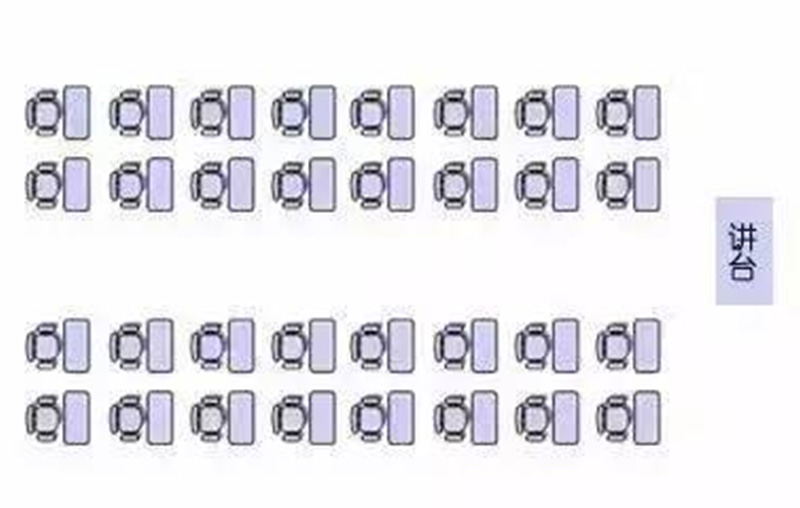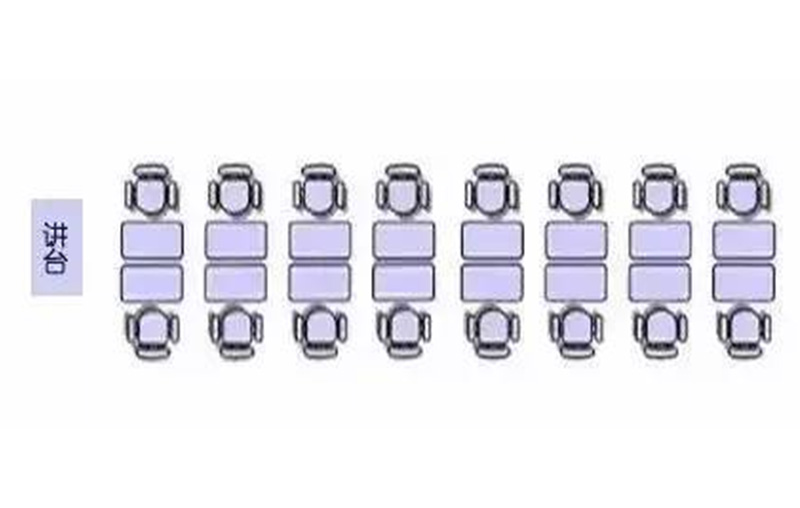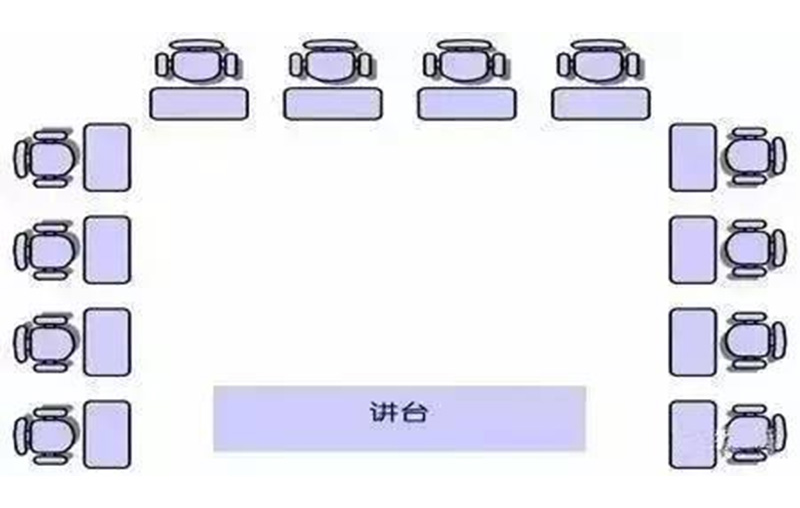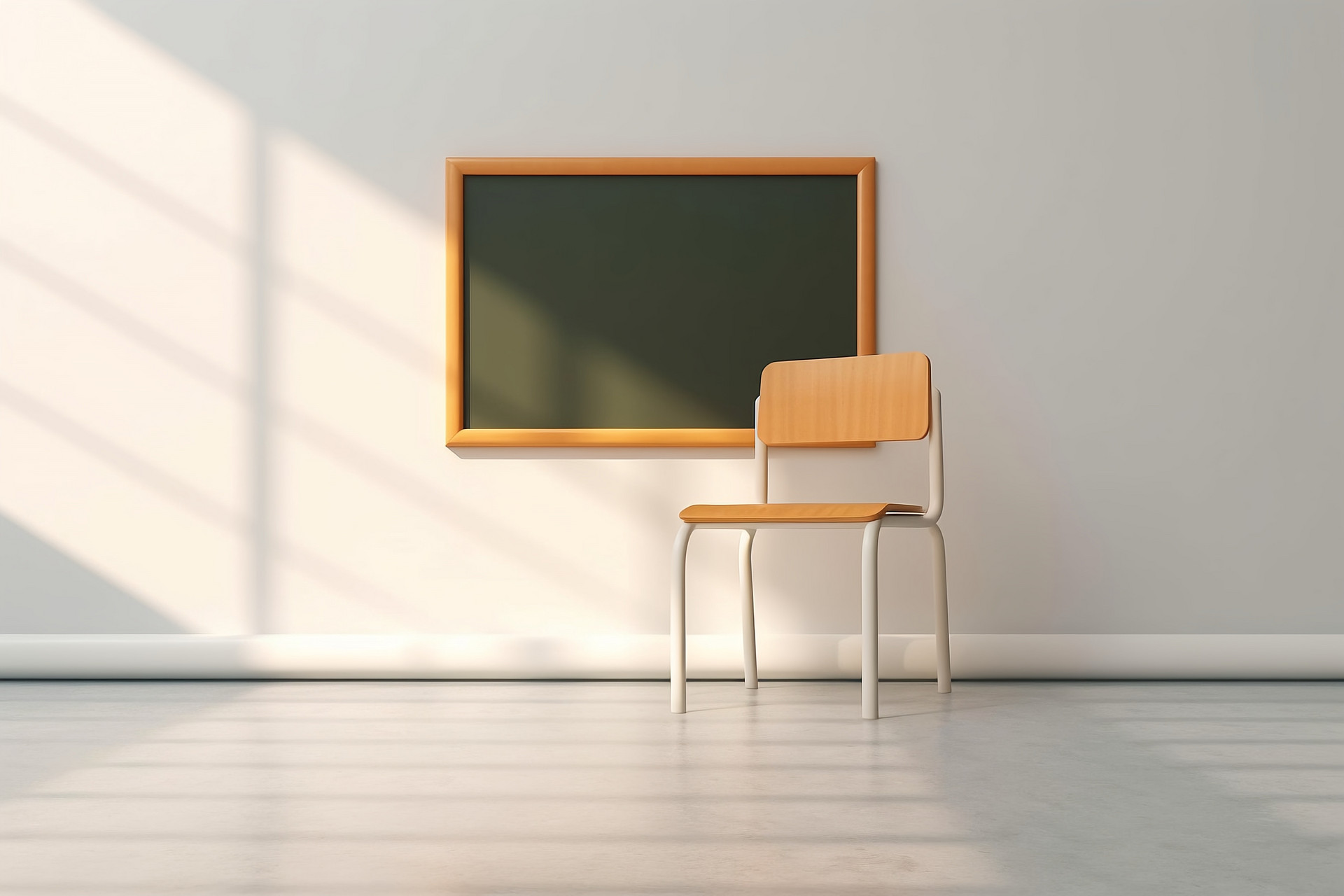Seating arrangement is the most common way of teaching in the classroom. At present, most schools in our country adopt the "Yangko style" model, arranging students into rows and columns, making the podium the center of the classroom.

This mode is similar to the "Tuantuan sitting" mentioned at the beginning of the article, which is different from the rice paddy style, and changes the way students look at the backs of students, sit face to face around the table, and complete the teaching task in mutual communication. This kind of mutual assistance, interactive and discussion learning is conducive to the mutual communication and cooperation of group members, making the group a "functional group" in the true sense.

Students sit face to face and discuss with each other from time to time, while teachers go around with textbooks. Desks and chairs are arranged in the form of long dining tables, and all students sit face to face to facilitate free discussion. It is conducive to students' cooperative learning, which fully embodies the new curriculum concept of autonomy, cooperation and inquiry.

The horseshoe seating pattern, also known as the U-shaped seating pattern, refers to the teacher standing at the U-shaped entrance and the student sitting facing the teacher. The central area is the stage for teachers and students to show, and various role playing, game activities, and song and dance performances in teaching can be carried out very conveniently. And according to the need, the seat can be quickly adjusted into a round, rectangular (three sides) or double arc type.

The circular seating arrangement is that the whole class sits in a large circle to study and discuss, and the space left in the middle can be used to carry out activities such as class meeting games. From the perspective of spatial characteristics, it eliminates the division of the primary and secondary seats, so that everyone sits together equally, and can stimulate their enthusiasm to learn and dare to express themselves in class, and establish harmonious and friendly classmate relations and teacher-student relations.

